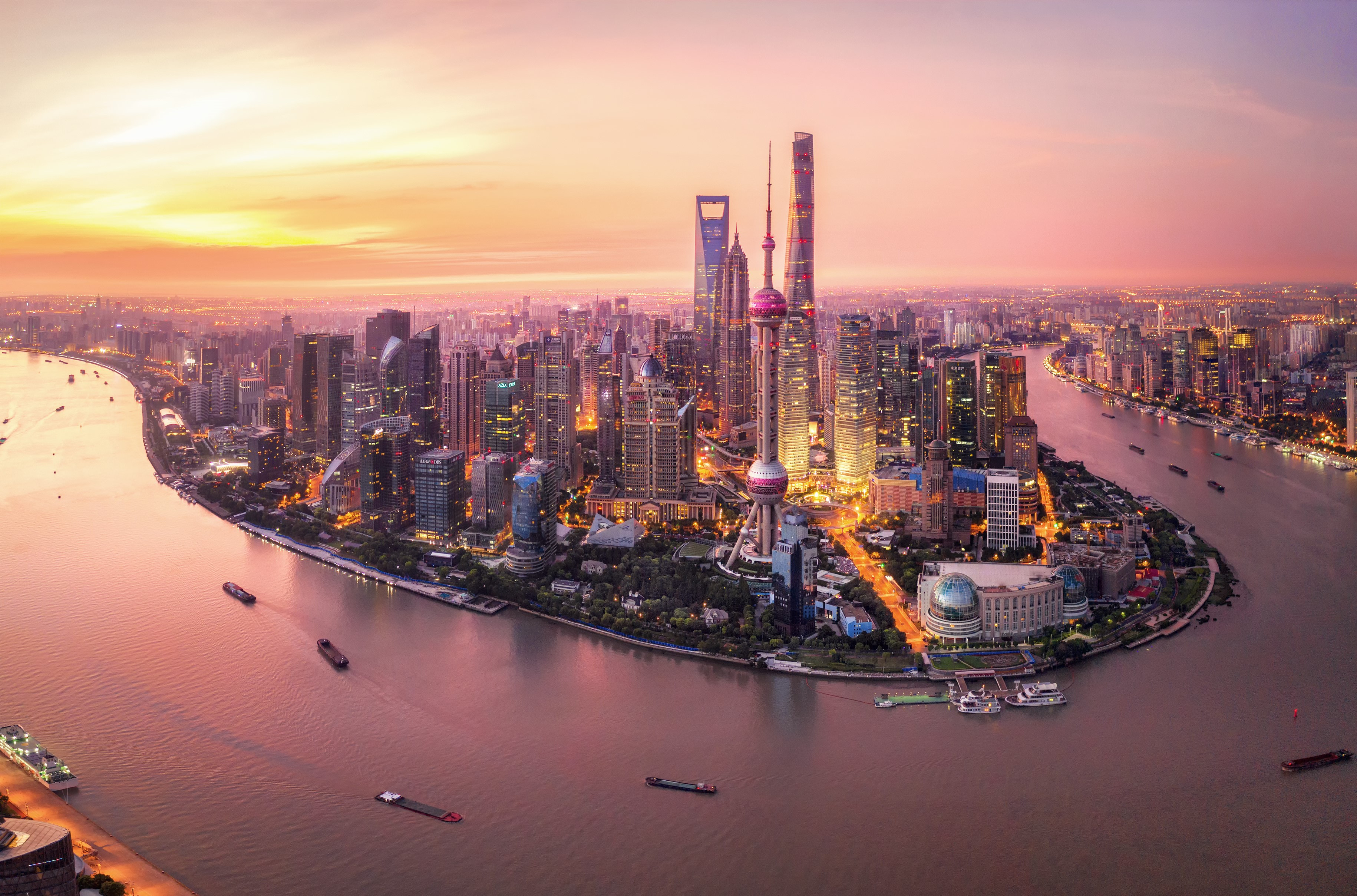China may be holding back on economic stimulus ahead of the US presidential election, an economist wrote on Thursday.
China may be delaying economic stimulus ahead of the US election, economist Rory Green says.
Beijing is cautious due to potential Trump tariffs, which could impact growth in 2025.
China's economy faces challenges, including an epic property crisis and high youth unemployment.
China may be holding back on economic stimulus ahead of the US presidential election, an economist wrote on Thursday.
This is because Beijing is keeping its powder dry in case Republican candidate Donald Trump wins in the November polls, wrote Rory Green, the chief China economist at GlobalData.TS Lombard.
Trump said in February he would slap tariffs of over 60% on China if he wins the election.
"The chance of a Trump victory and 60% tariffs on all Chinese exports to the US puts the onus on Beijing to hold back on stimulus in case it needs to drive growth in 2025," Green wrote.
Trump's proposed tariffs could hit China hard. Its economy is getting a boost from robust export sales because domestic demand is poor.
The Chinese economy has been struggling to recover following pandemic lockdowns as it confronts numerous issues, including an epic property crisis, high youth unemployment, and geopolitical tensions.
"Amid constrained domestic demand, higher tariffs on sales to the US and greater scrutiny of transshipment of goods would pose a significant growth, financial and social-stability risk," wrote Green.
Green estimates that a 60% tariff rate on all Chinese exports to the US would shave 1 to 2 percentage points from China's GDP growth next year.
The International Monetary Fund projects China's GDP to grow 4.5% next year. Beijing typically announces its own growth target in the early months of each year.
High pain threshold
During his first term in office, Trump took issue with the US's large trade deficit with China and hiked tariffs on a range of Chinese imports.
According to the US Commerce Department, the US still has a trade deficit with China, which hit $27.2 billion in July.
Ahead of the US election, Xi still has some time to take stock of China's economy and its next steps.
To be sure, China has released some support measures for its economy, but they don't appear to be doing enough. They include sales of ultra-long special sovereign bonds to fund infrastructure spending and plans for local governments to buy up unsold commercial housing.
But Xi's "pain threshold is high," so there may still be some time to go before his administration takes decisive steps to intervene in the market, wrote Green.
Even though leading indicators for GDP growth are poor, Green's assessment is that the situation isn't that serious yet. This is because three important pressure points — China hitting its GDP growth target of around 5% this year, social stability, and financial fragility — are "showing stress but not yet flashing red."
"For things to get better, they will have to get worse first," wrote Green, who added that the market may not see any significant demand-side stimulus until the first half of next year.
Green wrote that should Trump win the US presidential election and impose higher tariffs on Chinese shipments, Beijing is likely to respond in the short term with managed Chinese yuan depreciation, increased domestic stimulus, retaliatory tariffs on US goods, and export curbs on key products.
It's likely to be a lose-lose situation on the trade front.
"Whatever the eventual tariff/stimulus, it will be a global stagflationary shock with China suffering the bigger growth hit and the US most of the inflation," Green wrote.
Read the original article on Business Insider.
This article was written by Huileng Tan from Business Insider and was legally licensed through the DiveMarketplace by Industry Dive. Please direct all licensing questions to legal@industrydive.com.

